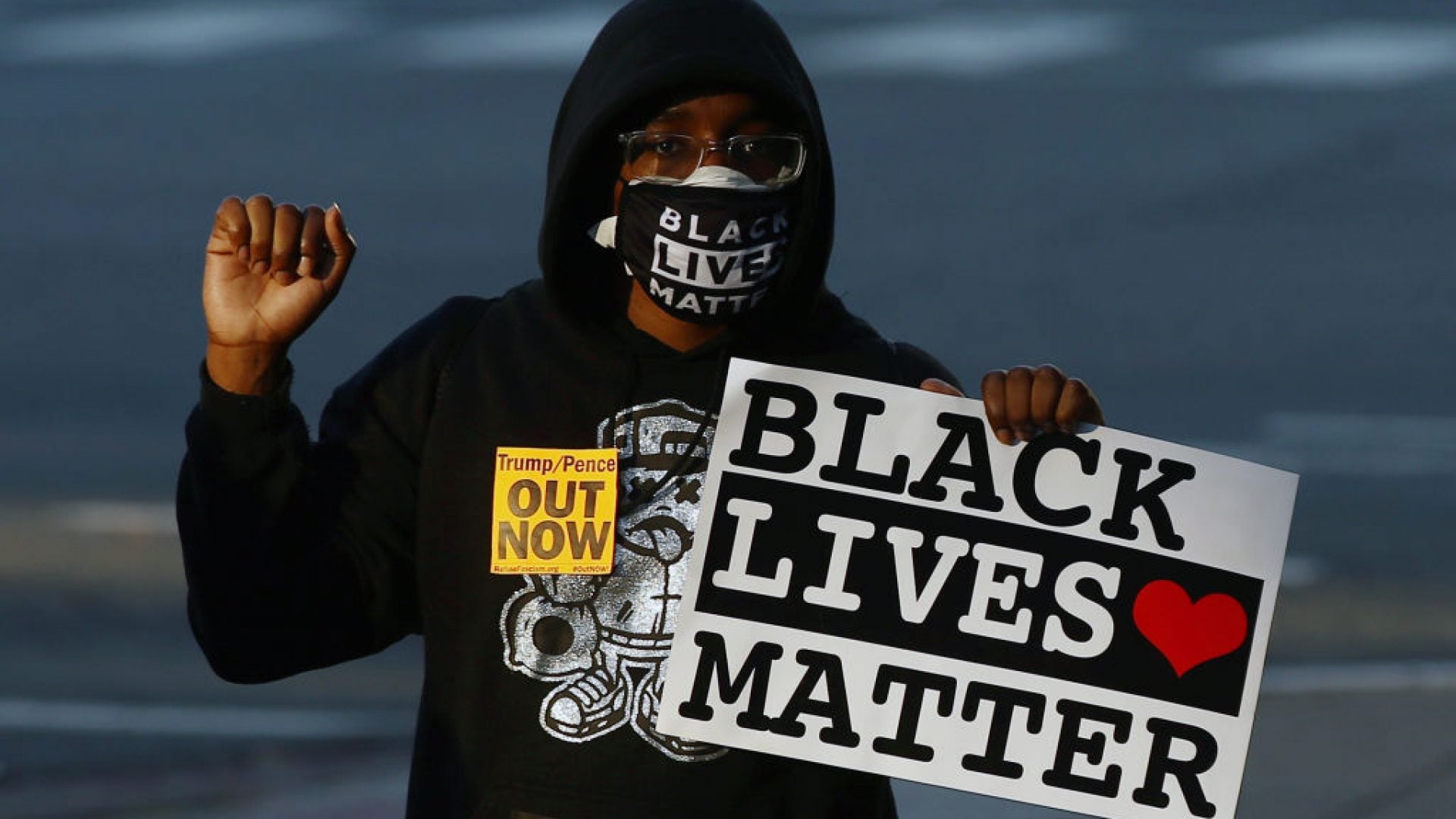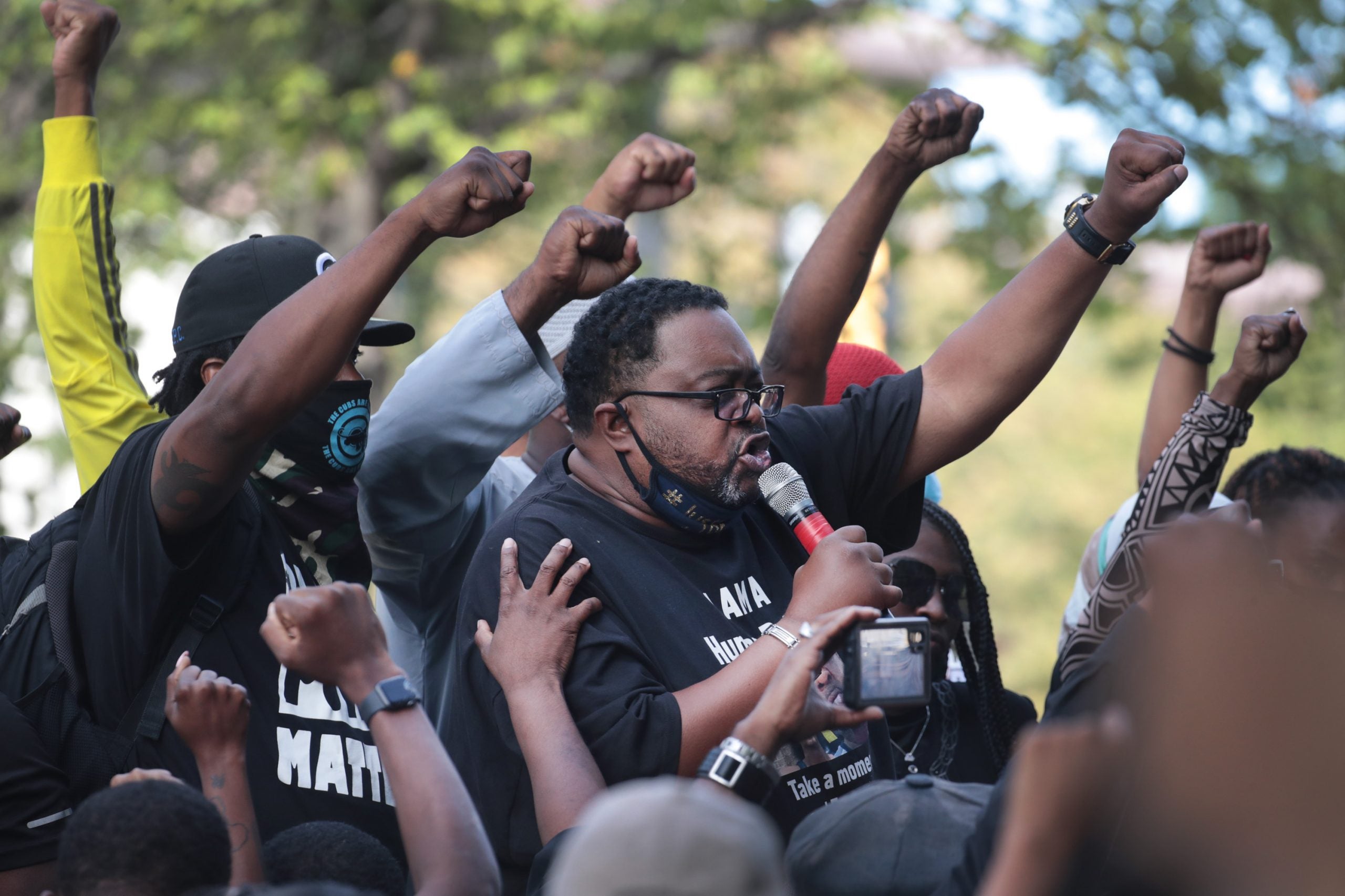
For many Americans, this election day marks the end of an anxiety-filled campaign season that is punctuated by the optimism that comes with believing your candidate has done all he can to secure victory. They wait with bated breath for election results that will console the weary and celebrate the righteous. Rest is expected when the urgency subsides. For Black voters, however, there is no celebration in any candidate’s victory because no matter the outcome, the work to improve the quality of life for Black people in this country remains.
Political discourse often rests on the age-old theory that opportunity alone is the barrier to success for Black people. We know that when given a fair and legitimate opportunity, Black people succeed and oftentimes outperform their peers. The necessity to be “twice as good” does not make its way into the cultural lexicon on accident. Black entrepreneurs are more likely to found or start a new enterprise and college enrollment rates for Black students are within a narrow margin of their White and Hispanic peers. Stable employment or entrepreneurship and education are widely accepted as the path(s) to success and the middle class and we actively seek out these opportunities.
Yet, Black people and communities continue to feel the effects of systemic racism in the United States nearly 150 years after the end of the Reconstruction era. Unemployment rates for African-Americans over the age of 16 is the highest in comparison to peer racial and ethnic groups. Black home ownership rates trail those of Whites and Hispanics. Household income for Blacks has been the lowest among all racial groups since 1967. Despite reaching a historic low in 2019, the poverty rate for Black families is the highest among racial groups. Even the paths we take to the middle class leave rates of educational debt that far exceed that of any other racial group and limited access to consumer credit leaving us further behind.
All of this is combined with significant legislative defeats that undermine our electoral power either through gerrymandering that exploits the racial dynamics of our two-party system or the more pernicious actions enabled by Shelby v. Holder. In short, positive outcomes for Black people and Black communities appear to elude us regardless of who occupies the White House and we still have work to do beyond election day.
Our Black Party envisions a different political future for Black people. We believe that more is possible for our communities and that we can reorient the political system in our favor. Whether Biden or Trump emerged as the victor of this presidential race, Our Black Party knew that the work to secure our place and ensure that the needs of our communities are met is just beginning. The next election will not find us ill-prepared or without a candidate that is truly committed to improving the lives of Black people. This is our commitment.

The future we imagine is one where voters are propelled to action not out of fear or in deference to our collective legacy, but because they are motivated to act on the issues that are important to them. It is one where our desired presidential candidate is the final nail in a supportive political infrastructure and not the foundation. In that future, Black voters are informed and educated about the issues impacting them closest to home. It is not enough for us to lean on the adage of voting as a civic duty. That argument is defenseless in a reality where the outcomes remain unchanged despite electing the desired candidate. Our task is to demonstrate through our collective action that wielding our electoral power—not just our vote—can be one of the paths to the changes we need.
Movement builders have done the work to create fertile ground for public support for defending Black lives and we must do our part to help extend that to every corner of the political system. Over the next four years, we will develop a Black Political Army. We will work to complement the actions of Black-led and Black-centered organizations that are already deeply embedded in communities across the country to help refine the agenda and educate voters and non-voters alike in ways that urge them forward to demand change. We will identify, elevate, and financially support candidates at every level of government who are committed to the Black agenda and develop robust policy tools to equip them with what they need to pass necessary policies once they are in office. Our Black Party will help us usher in a new era of politics and policymaking that centers Black voices and honors Black people and our labor.
The days of us seeing little in return for our vote are over and we want you to join us. This transition of power will begin on November 10th.
—
Candace Bacchus Hollingsworth is the national co-chair of Our Black Party.